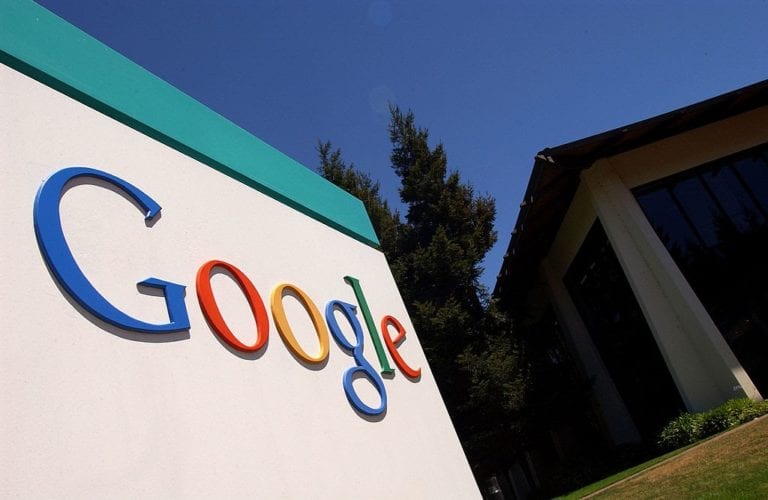Goodbye to cookies: Google will not use or replace them with other technology to show you targeted ads
Google will stop offering third-party companies the ability to buy ads based on people’s browsing history, a practice that for years has been one of the pillars of digital advertising.
The company, which controls more than half of the Internet advertising market, collected this information through so-called “cookies”, small tracking files that our devices generate every time we visit a website and that Google could associate with each person. particular.
With this history, it created very precise profiles on the interests of each user, information that it then used to improve the effectiveness of the ads that third companies bought through the Google Ads platform.
A VERY EXPECTED CHANGE
Last year Google announced that Chrome, its browser, would stop collecting these types of third-party cookies. It is partly a decision to which the company has been forced because some of the rival browsers, such as Safari or Firefox, no longer allow this type of monitoring, and therefore the strategy has lost effectiveness.
David Temkin, Google’s Director of Product Management, Advertising Privacy and Trust, added that Google will not replace this feature with any other individualized tracking tool. “If digital advertising does not evolve to address the growing concerns of users about their privacy and how their identity is used, the future of the free and open web is at risk,” he explains.
According to a study by the Pew sociological research center, 72% of users are convinced that almost everything they do on the web is being tracked by advertisers and technology companies, and 81% say that the possible risks that it poses to them the capture of your data outweigh the benefits.
“Users shouldn’t have to agree to be tracked online to benefit from relevant advertising. And advertisers shouldn’t have to track consumers online to reap the benefits of digital advertising,” Temkin explains.
Google has begun testing other strategies focused on stakeholders that are not individually associated. This allows you to offer ads that are also relevant but with a lower risk for privacy. One of them is FLoC (Federated Cohort Learning), which groups together people with common interests and offers the group, not the individual, as a target for a campaign. With FLoC, Google claims to have achieved a targeting system that is 95% effective in conversion per dollar invested when compared to cookie-based advertising.
This means that advertisers will have to pay a little more to get the same ROI they are getting now, but not much more, and the benefit for privacy is clear.
Several are trying to find alternative individual identifiers that will allow them to continue developing accurate profiles to serve advertising but argue that Google’s decision is far from altruistic. Given the control you have over the market, you can create an alternative system that, although more user-friendly, works in a closed and opaque way for the rest of the industry.
MORE SUPERVISION
For Google, however, there are immediate benefits to the change in strategy. The company has for years faced increasing oversight by governments and regulatory bodies over the data it collects from users. At times, this increased vigilance has also resulted in millionaire fines and costly restrictions. The new model will allow it to continue operating but with less regulatory pressure.


